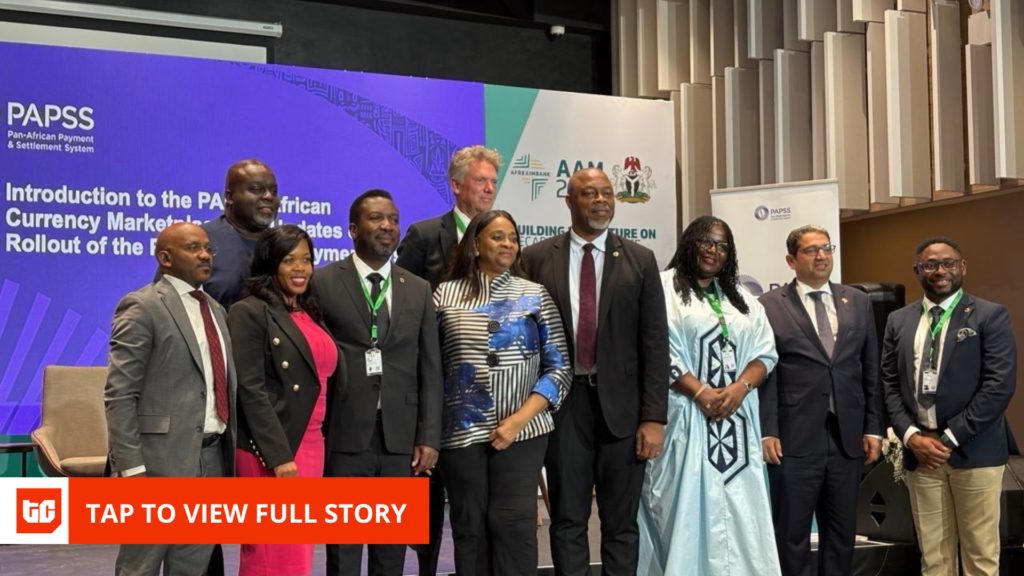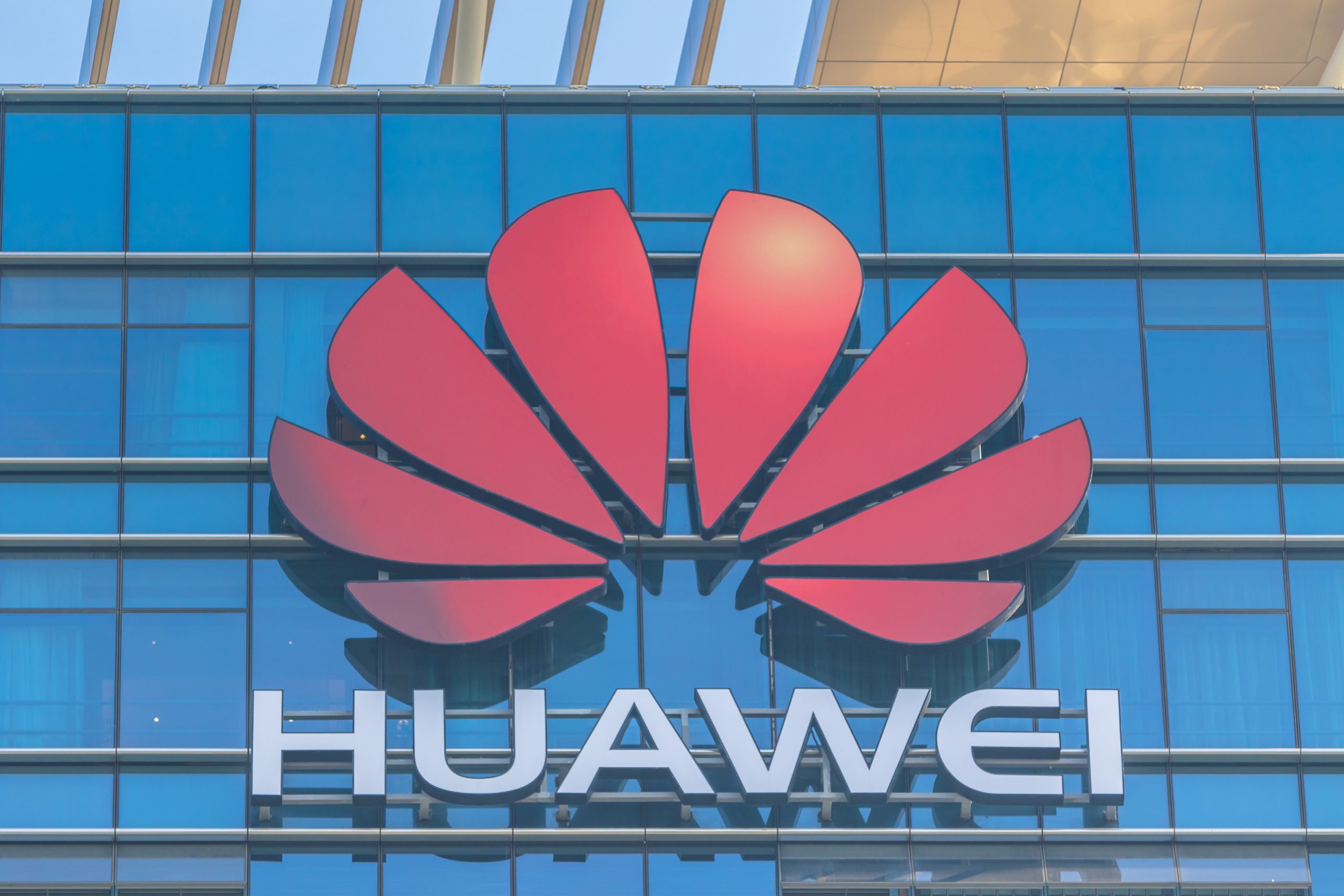On June 26, the Pan-African Payment and Settlement System (PAPSS), the intra-African payment initiative, launched a new product for real-time cross-border settlements across Africa. The product, called the African Currency Marketplace, will enable businesses to settle transactions directly in African currencies without routing them through the US Dollar, the Euro, or any other foreign currency.
Announced on the sidelines of the 2025 Afreximbank Annual Meeting, the African Currency Marketplace is built on the Bantu blockchain network that supports enterprise-level African payments and is overseen by Interstellar, a pan-African infrastructure company, to support up to 42 currencies.
“We looked at how we could leverage blockchain technology to address Africa’s unique challenges,” said Ernest Mbenkum, Interstellar CEO, at the event. “We focused on using this infrastructure to develop the Bantu Blockchain. Through this platform, we were able to talk to various partners in the industry—commercial banks, central banks, and PAPSS—to see how we could begin to address the challenges that the continent faced.”
The African Currency Marketplace will enable the direct exchange of local currencies, reducing costs and delays associated with routing through foreign currencies. It’s an attempt to address the payment fragmentation that continues to slow intra-African trade under the African Continental Free Trade Area (AfCFTA). It also signals something more: it could lead to a massive stablecoin adoption across Africa.
cNGN, the stablecoin pegged to the Nigerian Naira, is already live on the Bantu blockchain, with over ₦52 million ($33,800) minted on the network. Compared to hard fiat currencies, stablecoins are easily sourced, provided solid, collateralised reserves back them. Their location-agnostic nature also means that the cost of sending stablecoins anywhere on the continent will incur the same low cost.
Interstellar, which partners with PAPSS, is a core member of the cNGN project, making a stablecoin integration more viable. If cNGN integration is successful, it could spur more African countries to set up national initiatives to create stablecoins pegged to local currencies and debut them on the Bantu blockchain. This will not only accelerate stablecoin adoption but also improve liquidity and accessibility, particularly for less commonly used currencies in Africa.
Fragmentation costs businesses and multinationals big money
Africa’s 42 national currencies create a web of 861 unique intra-African payment corridors, each representing a direct currency pair through which cross-border payments can flow. In practice, however, most of these corridors are not directly accessible.
When a business in Kenya wants to pay a supplier in Senegal, the Kenyan shilling must typically be converted first to US dollars, then from dollars to West African CFA francs. Each leg of this conversion introduces additional exchange rate spreads and fees, so the supplier ultimately receives less than the original value sent, sometimes significantly less, due to these cumulative costs and inefficiencies.
This inefficiency is not trivial. Africa reportedly loses $5 billion annually to “leakages” and foreign currency dependency in intra-African payments.
Aviation is one sector hit hard by Africa’s payment fragmentation. Airlines often can’t move their earnings out of certain countries because of currency restrictions and depreciation. In June, the International Air Transport Association (IATA) reported that $1.8 billion in airline funds is stuck, with the majority of affected countries being in Africa. As Mike Ogbalu, PAPSS CEO, has often highlighted, these kinds of barriers show why better cross-border payment solutions are needed.
The problem is double-layered. First, regulatory fragmentation means that each country enforces its own rules for payments, anti-money laundering (AML), and counter-terrorism financing (CFT) checks, making seamless cross-border payments difficult.
Second, persistent fraud and mistrust in the banking and payments sector have led governments to become hesitant about adopting workarounds, such as licence passporting. Unlike the European Economic Area (EEA), where a single licence grants access to 27 countries, African financial institutions must seek approval in each market. This slows the rollout of solutions and limits liquidity for less-traded African currencies, leaving many payment corridors underdeveloped.
PAPSS, launched in 2022 by the African Export-Import Bank (Afreximbank), set out to address these challenges. Currently, PAPSS has 15 African central banks and 12 payment switches on its network. Since its launch, it has onboarded 56 commercial banks in Ghana, Sierra Leone, Gambia, Liberia, Zimbabwe, Djibouti, Guinea, and several other countries. Other banks from Tunisia, the Comoros, Uganda, and Egypt are being integrated into PAPSS, indicating a growing institutional commitment to the initiative.
In some cases, central banks have incentivised this participation. In April, the Central Bank of Nigeria (CBN) mandated commercial banks to join PAPSS. In May, 22 Nigerian banks joined PAPSS and are now being onboarded on the live platform.
PAPSS’s adoption of Interstellar’s technology, delivered via Bantu, also marks the first time African governments will adopt blockchain technology at a multinational scale. Yet, while institutional buy-in is growing, PAPSS’s top-down approach has so far struggled to have an impact on Africans at the grassroots level. The broader adoption of this intra-African solution by consumers and SMEs remains the next frontier.
Mark your calendars! Moonshot by is back in Lagos on October 15–16! Join Africa’s top founders, creatives & tech leaders for 2 days of keynotes, mixers & future-forward ideas. Early bird tickets now 20% off—don’t snooze! moonshot..com












